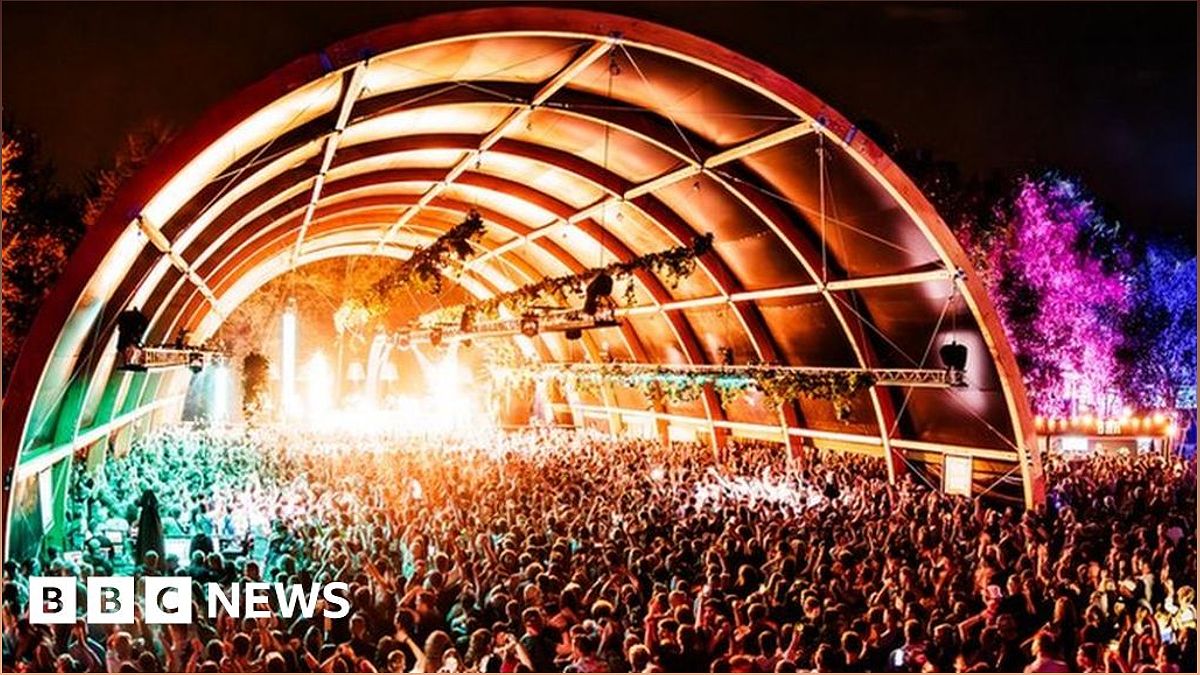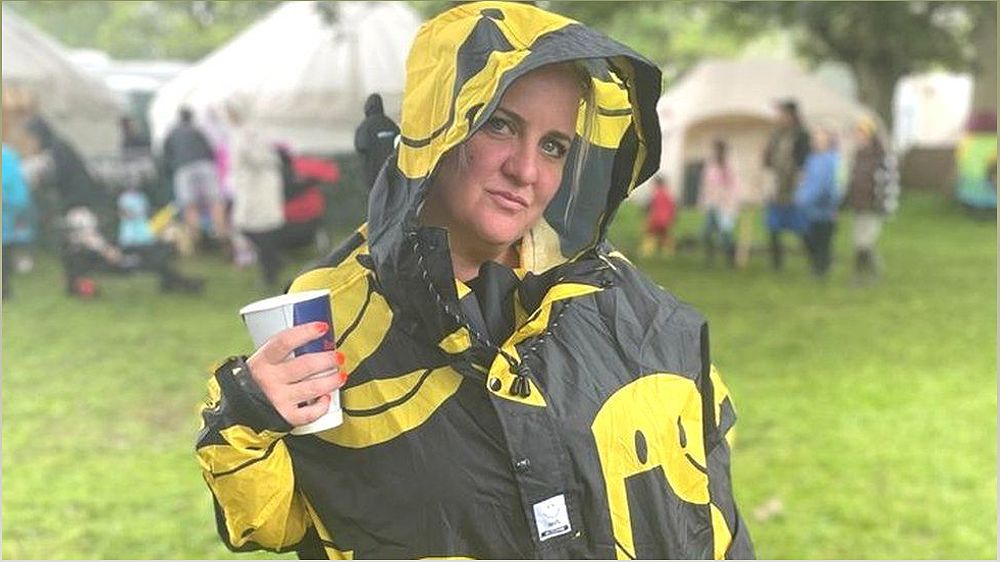Festivals are going green by implementing sustainability measures such as renewable energy sources, reducing fossil fuel dependency, and promoting greener transportation options. Discover how festivals are prioritizing sustainability to reduce their environmental impact.
The Green Revolution: Festivals Embrace Sustainability
Festivals are undergoing a green revolution as they embrace sustainability measures to reduce their environmental impact. With their significant energy consumption and transportation emissions, festivals recognize the need to prioritize sustainability.
From implementing renewable energy sources to reducing fossil fuel dependency and promoting greener transportation options, festivals are taking action to minimize their carbon footprint. This article explores the various initiatives and success stories of festivals in their quest for sustainability.
Improving Environmental Impact
Festivals are implementing various green initiatives to address their environmental impact. For example, Glastonbury Festival installed a 20-meter wind turbine and utilized solar panels and batteries to power selected market stalls. Other festivals are investing in renewable energy sources such as solar power and battery storage.
Shambala, a UK festival, has transitioned from diesel generators to sustainable power sources like hydrogenated vegetable oil, solar, and hybrid units. They also encourage responsible energy consumption among traders through energy tariffs.
Reducing Fossil Fuel Dependency
Festivals have recognized the need to reduce their reliance on fossil fuels. Research shows that the UK festival community consumes over 12 million liters of diesel annually. To combat this, the European Green roadmap emphasizes the phase-out of energy generation from non-renewable, fossil fuel sources.
Mysteryland, a three-day electronic music festival in the Netherlands, has made significant strides in reducing its reliance on fossil fuels. Currently, 80% of its power is generated by solar panels on a nearby farm. The festival also invested in connecting to the national grid, despite power capacity scarcity, with the expectation of long-term savings.
Green Success Stories
Mysteryland's efforts in reducing reliance on fossil fuels is just one of the many success stories in the festival industry. Festivals like Mysteryland are paving the way by investing in renewable energy sources and taking steps towards a more sustainable future.
Other festivals are also making strides. Glastonbury Festival, for example, has installed a 20-meter wind turbine and utilizes solar panels and batteries to power selected market stalls. These green initiatives not only reduce the festival's environmental impact but also serve as inspiration for other events to follow suit.
The Business Case for Sustainability
There is a shifting culture within the festival industry, with audiences now expecting festivals to prioritize sustainability. This creates a business case for organizers to adopt more environmentally friendly practices. The European Green roadmap emphasizes the importance of reducing emissions and aligning with the EU's Green Deal target of 55% emissions reduction by 2030.
Chris Johnson, co-founder of Shambala festival, highlights the importance of sustainability in the festival industry. By prioritizing sustainability, festivals can create a more eco-friendly and enjoyable experience for all.
Transportation and Collaboration
Transportation accounts for a significant portion of festival emissions. To mitigate this, festival organizers must collaborate with transport providers to promote greener travel options for attendees. Encouraging public transportation, carpooling, and cycling can significantly reduce the carbon footprint associated with festival travel.
Leading by example, performers like Dave Grohl of the Foo Fighters have opted for greener travel options, such as taking the train to Glastonbury. This collaboration between festivals, performers, and transport providers can make a significant impact in reducing the environmental footprint of festivals.
Conclusion
The festival industry is embracing sustainability measures to reduce their environmental impact. From renewable energy sources to greener transportation options, festivals are taking steps towards a more eco-friendly future. By prioritizing sustainability, festivals not only align with the values of their environmentally conscious attendees but also create a more enjoyable experience for all.
While voluntary action has driven most progress, there is a need for industry-wide regulation and continued efforts to combat greenwashing. Festivals have the power to make a positive change and lead the way in sustainable event management. With ongoing commitment and collaboration, the green revolution in festivals will continue to thrive.


